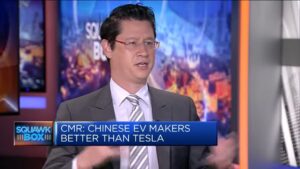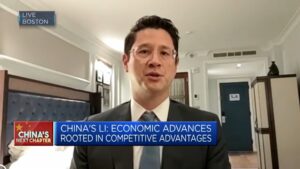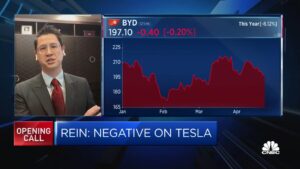
Branding expert Ashley Dudarenok follows brands from China as they are successfully taking on their global competitors. But global brands are not sitting idle, as rivals from China march on, she says in the Jing Daily. Stories about Luckin Coffee, Anta, Li-Ning, Perfect Diary, Haier, Midea, BYD, and Labubu.
Ashley Dudarenok:
Chinese domestic brands gained ground against international competitors across multiple sectors in the first half of 2025, with local companies outperforming foreign rivals in categories from coffee and electric vehicles to beauty and luxury goods. The shift reflects changing consumer preferences during economic uncertainty, with Chinese brands leveraging lower prices, cultural relevance and digital-first strategies to capture market share from established global players.
International businesses are responding with deeper localization efforts and China-specific product lines as competition intensifies across key consumer categories…
In 2025, China’s brands are rewriting the industry rules, from Luckin’s coffee coup to Laopu’s gold glow-up, driven by purpose and digital engagement.
Local businesses are eyeing global expansion, but global firms will localize harder. Though domestic brands have an edge, especially if they keep innovating, the battle’s far from over.
Ashley Dudarenok is a speaker at the China Speakers Bureau. Do you need her at your meeting or conference? Do get in touch or fill in our speakers’ request form.
Are you looking for more branding experts at the China Speakers Bureau? Do check out this list.





